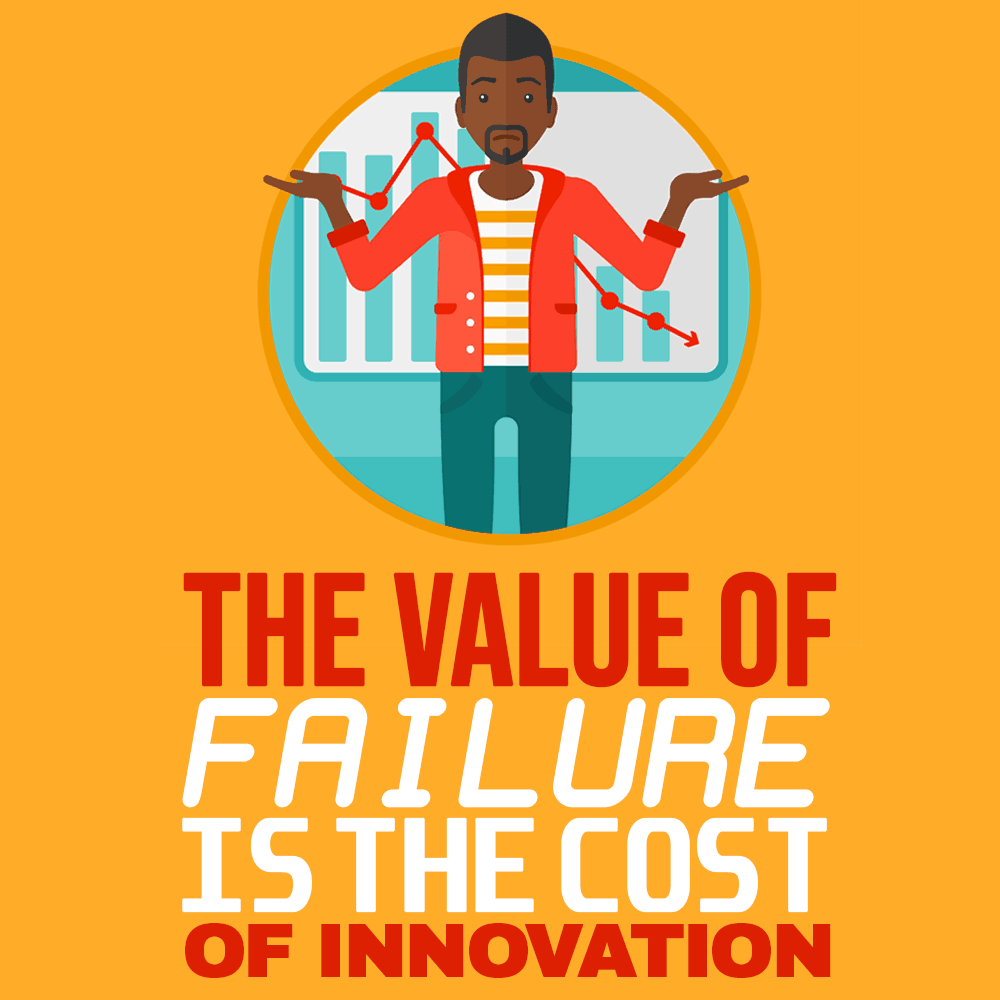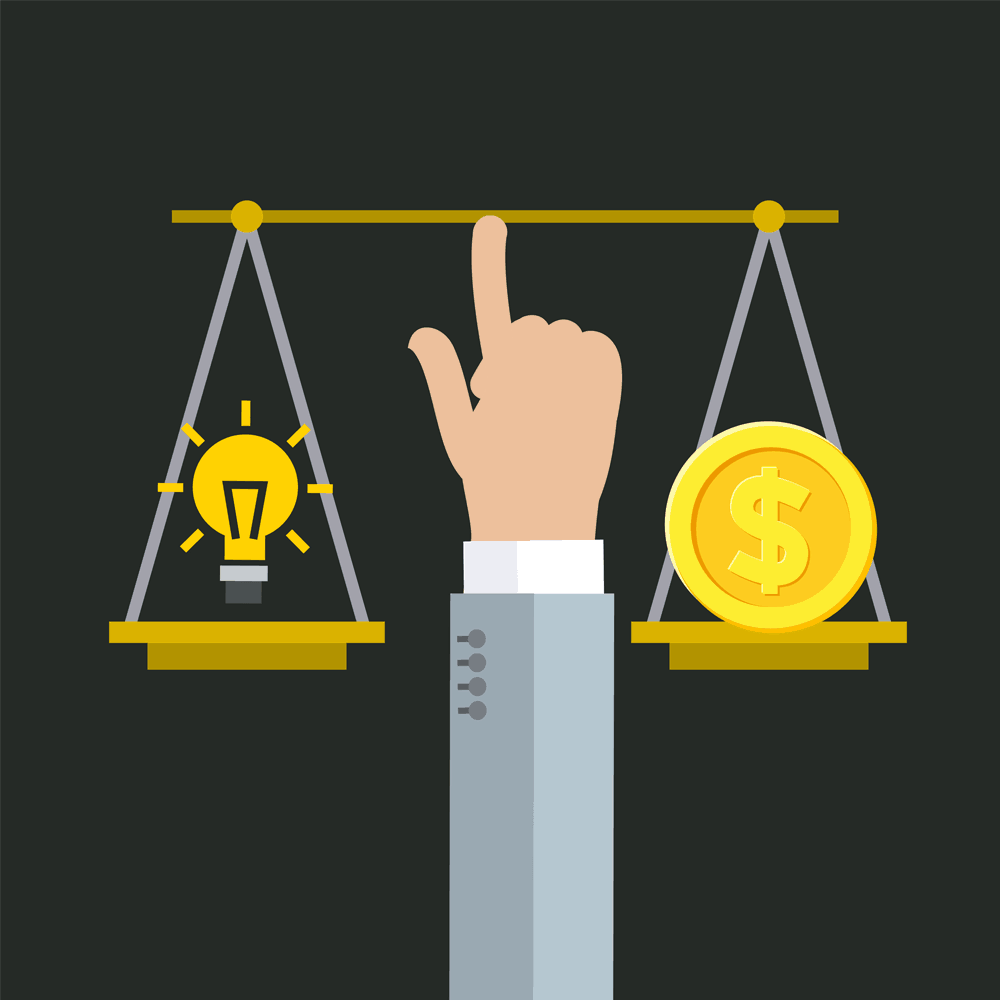 New products are developed yearly. If we only take a look at the Mobile App Market, there are currently over 2 million apps online with average revenue of $130 million in the first quarter of 2019 ($84 million was iOS revenue, and $51 million Google Play).
New products are developed yearly. If we only take a look at the Mobile App Market, there are currently over 2 million apps online with average revenue of $130 million in the first quarter of 2019 ($84 million was iOS revenue, and $51 million Google Play).
To be successful in the software development industry is at best challenging. There is a hunger to create a marketable product, and fast; to provide a solution to the customer’s problems and pains, before another company swoops in and does it first.
What about the software products that serve a niche business industry where such products already exist? There is a need to add competitive features and functionalities, as well as creating an easy to use and intuitive design.
In those fields, there is a strong benefit with taking the custom software solutions route, creating a product that serves all of the company’s needs. It allows flexibility and maximum effectiveness in the tools used to take care of a significant amount of the work on a daily basis.
The hunger for timely delivery in the software industry is so high that at times it is simply easier to recreate what already exists with a flashy design and minor tweaks, rather than set out on the path of innovation and risk failing.
Failure is something that we are met with constantly in our personal lives and as a part of our professional growth. While the urge for avoidance is strong and understandable, there a lot to gain from setbacks and negative experiences that will later on become a pillar for success.
What Does It Mean for a Software Project to Fail?
In the industry, there are multiple factors that are observed to decide if a product is a success.
- Did the product make enough profit to come on top of the costs that went into production?
- Did it meet the time-frame and budget?
- Does it meet the functionality requirements?
- Did it meet the performance targets?
- Is it marketable to the target audience?
- Is it finished and usable?
On the flip side, there are certain key aspects of the working process that play a key role in what the outcome will be.
The obvious ones are project and time management, as well as the working conditions and the effectiveness in communication. When one or more of the main pillars of the working process is flawed, it can bring down the project significantly, causing the aforementioned outcome of deeming a project failed.
There are a lot of product fail stories when it comes to the software industry. They can serve as a case study and help us avoid some of the main risks for failure when we tackle our own.
However, the idea that you can prevent all possible risks is simply not realistic or doable. So at the end of the day failure is a part of business. You do not have to take my word for it.
As Elon Musk said: “If things are not failing, you are not innovating.”
The Fear of Failure on an Employee Level
We've discussed what it takes for a project to fail, but what does it mean for an individual to have failed?
While subjective, it can be generally put into one of two categories:
You couldn’t meet the assignments you were given or
You didn’t meet your own expectations and goals you set for yourself
Failure is familiar, as everyone has experienced it. Still, it doesn’t feel good. It can be a daily occurrence and it can be one of those things that hit you hard when it happens, relating to something hugely important to you. When you take those factors into consideration, it is understandable how it can lead to avoidance; more specifically, avoiding putting yourself in situations that have a high risk of failing.
Failure feels better than regret. As simple as that! If you wonder whether you should put effort into something but are not sure, the best decision is always to try despite having a risk to make a mistake and fail.
More than that, the idea that maybe you won’t reach your goals doesn’t have to be something that stops you. And it definitely doesn’t have to be something that prohibits you to set goals, to begin with. Malcolm Forbes said, “Failure is success if we learn from it”. If you do not get it right the first time around, then next time you can use the knowledge you gained and do it better.
The Cost and the Value of Failure
Cost: Emotional distress, time, energy, resources—monetary or otherwise.
Value: Failure is a gate to new opportunities, if you take the time to analyze the process you went through, from setting goals to planning your actions, to execution and then evaluation.
The road to a product is long and has multiple milestones that each hold dangers. There is a lot of value to be found in failed projects. But you need to go back and analyze the work that was put into the project, followed by isolating at what point the process took a turn to the worst.
This approach may not save your project this time. However it will inevitably help you with your next one — guiding you through the minefield of potential threats and helping you navigate the pitfalls you lost to last time.
Having a forgiving and understanding attitude towards failing allows you to take the knowledge and try again, i
Moreover, thinking in terms of innovation increases the chances of succeeding in personal development projects and boosts your chances at becoming a valuable software team lead? It is not a permanent trait of making impeccable decisions, that’s for sure.
It is the ability to use all the years of previous experience to sidestep the most common pitfalls, as well as to analyze previous errors and not allow bad practices to take root. Lastly, it is the ability to bounce back from failure quickly, making the most of the situation and then taking the work in a different direction that is more productive.
Innovation Demands That You Take Chances and Try
Failure is a part of success.
It is also a part of human nature.
And it is a part of the software industry.
If you go into your work with a chip on your shoulder that you can never fail, then when it inevitably happens it will hit you much harder and will have deep and long-lasting effects on your career.
If you accept it, however, as an unpleasant but necessary part of the working process, though not becoming comfortable with it, you have a lot more to gain. In the long term, the people who know how to respond to setbacks make the biggest difference in their own careers.
And by extension, they affect the lives of colleagues, subordinates, family and friends.
